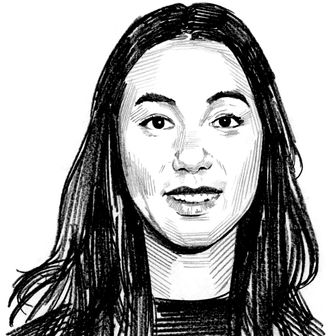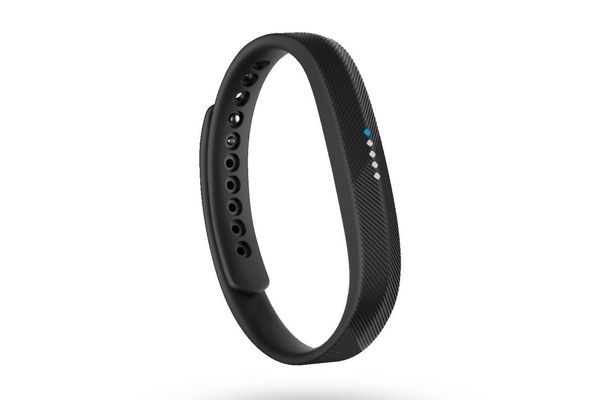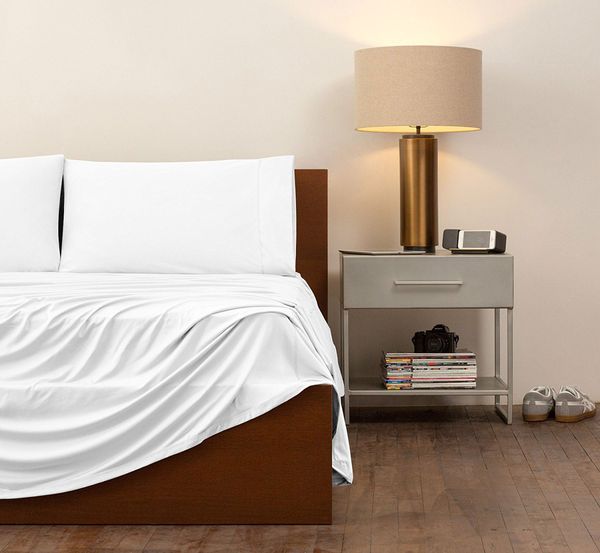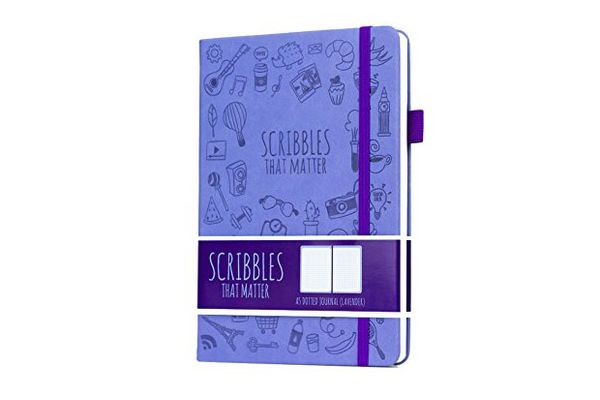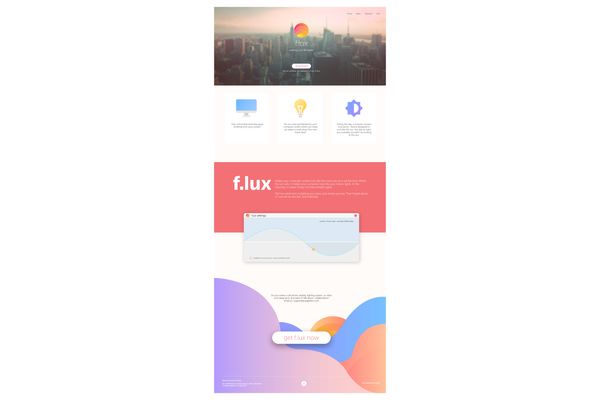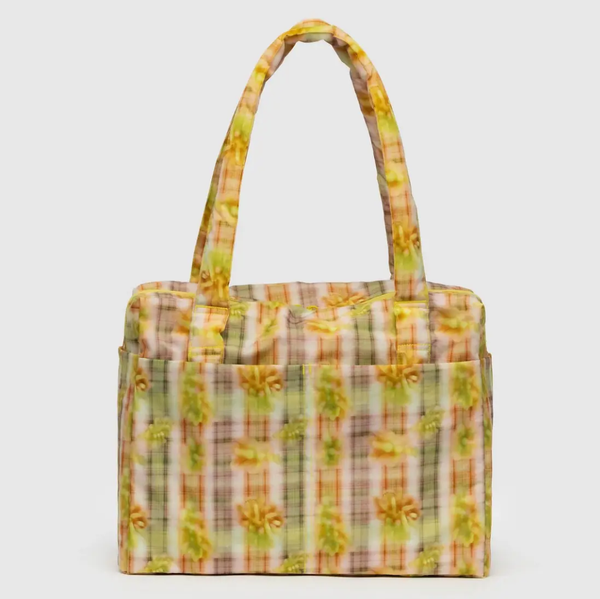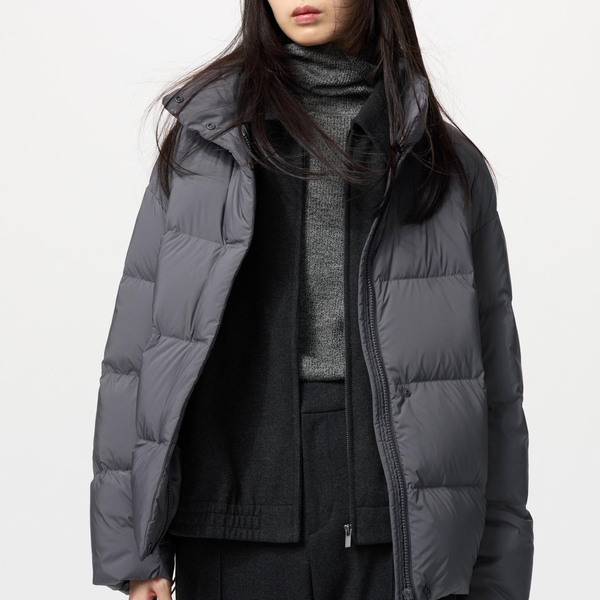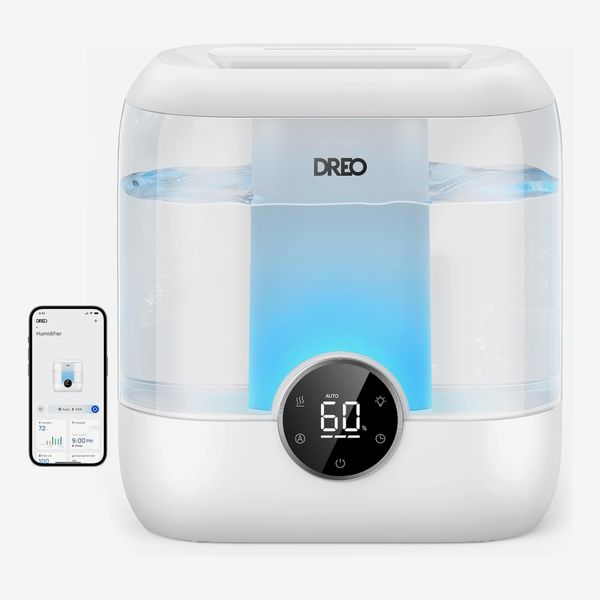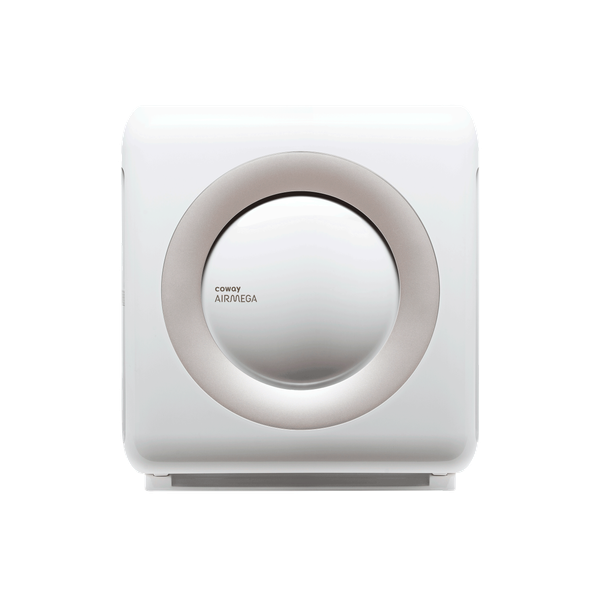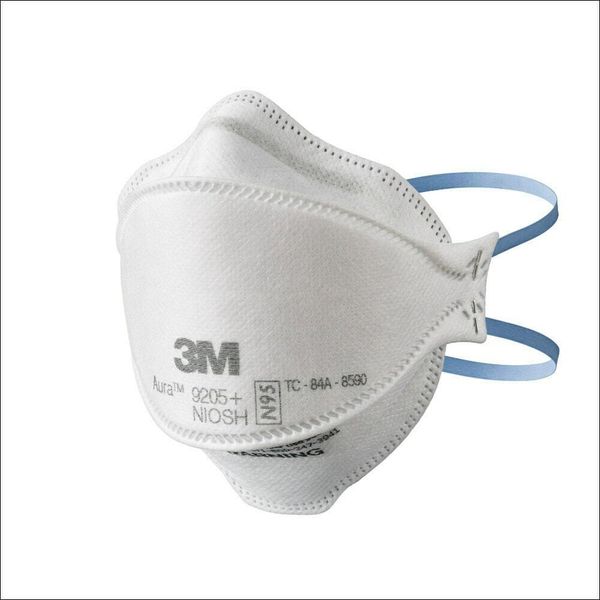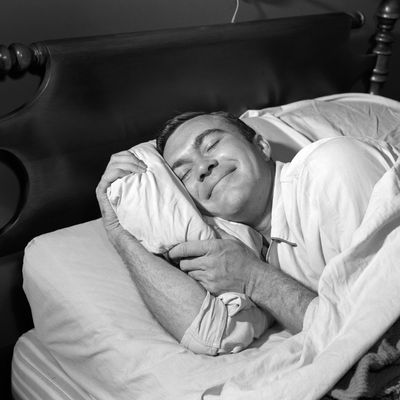
If you’ve ever had trouble getting to sleep, there’s a good chance you’ve dove down a late-night Google wormhole, searching for the best ways to fall asleep. The bad news is that a lot of these products that claim to help you fall, and stay, asleep don’t work too well, or aren’t based in the most up-to-date science. And according to Dr. Paul Glovinsky, clinical director of the St. Peter’s Sleep Center in Albany, New York, and author of You Are Getting Sleepy: Lifestyle-Based Solutions for Insomnia with his late colleague Dr. Arthur Spielman, the time to start preparing yourself to get a better night of sleep isn’t right before you tuck yourself in and turn off the lights. “At that point, it’s pretty late in the game, and if [you’re] in the wrong state or wrong frame of mind, it doesn’t matter if the bedroom’s cool or if there’s a lavender scent or whatever.”
There are, however, a few small changes you can make to your evening routine, in that time after dinner and before you go to bed, that might help you achieve that elusive night of rest. So I spoke with Dr. Glovinsky about some of his favorite products to help people fall asleep, according to science.
“A lot of people come with different health-tracking apps, and I think it’s great, especially in terms of activity by day and how many steps. [But] just like you shouldn’t give all the responsibility of sleep to a pill, you shouldn’t make the sleep tracker the gold standard. They can do a good job, but they have trouble when people are awake and not moving, they can think that’s sleep. My message is, it has to make sense to you. Even if you’re wearing a watch, keep a subjective sleep journal because the bottom line is not whether your watch thinks you slept well, it’s whether you think you slept well.”
“Cool, dark, and quiet. That’s really important, and we’re learning more and more that temperature changes are intimately connected with how well we sleep. Essentially, what we are are little engines, making a lot of heat all day as we’re doing our living, and as we go to sleep, we lose that core body heat. It actually flows through the fingers and toes, and we sleep well on the cool part of the temperature cycle, as our body’s cooling and as it stays cool. So a cool room is important, and in terms of products, there is bedding now that wicks away moisture and helps keep the body cool if that’s an issue. There’s also sleepwear of that sort.”
“The other reason people don’t sleep, generally, is because they have too much on their mind. And they can be real problems that are identified as such. Sometimes it’s random advertising jingles or whatever, not seemingly a problem at all. What we call that is cognitive hyperarousal. This is very common if people work at night or are expected to check their email, or that sort of thing, and they’re still on after dinner. So there has to be, in the evening, a point where this is set aside, and one thing that’s very helpful for people to do is to let themselves off the hook in terms of the issues they’ve raised, whatever would keep them up at night.
A good thing to do is at 7 p.m., 8 p.m., after dinner, we have somebody keep a journal. They just sit down, and for five minutes, they allow themselves to worry, to say, ‘What’s the problem tonight?’ They list it on one side of the page, and on the other side, they have to come up with some rebuttal, work-around, next step, something. Some of these problems are going to be big, and most of these problems are not going to be solved by sitting in a chair, but you don’t have to solve them. You just have to satisfy yourself that you’re not going to forget them, and that’s why putting them on the page is important. And then you put the book away, and it inoculates you. We call this constructive worry.”
“If it’s only 8 p.m., you can’t get too comfy. You stay moderately engaged, and as your body temperature is decreasing and you’re trying to build sleepiness, you get less and less engaged. So in the beginning of the evening, people do have their email and their Instagram or whatever they’re doing. But you [turn on] f.lux or Night Shift [on your device].
When somebody is looking at a screen that is producing light, some of that light, even if it doesn’t look blue, has the blue color in it. So that blue light is picked up by these receptors [in your eyes] at night when the sun is already down and fools the brain into thinking the sun is up. Then we don’t make the melatonin we’re supposed to make to help us get to sleep. So these programs [like Night Shift on Apple products or f.lux, an app that changes the color of your screen to adapt to the time of day] turn off the pixels that shine blue so that the screen starts to look amber. There’s still stimulation, because there’s interactivity, but at least the blue light is removed.”
“The amount of melatonin that our brains make is very, very small compared to the amount we take from the health-food stores — on the order of one-thirtieth or one-fiftieth the amount, depending on what dose they’re taking. And what we’re learning is that the timing of melatonin is very important, and more is not merrier. It is a hormone. It does cause a hangover.
The manufacturers are kind of getting wind of this, so there’s less emphasis on ten milligrams, which is a lot of melatonin. So they’re making products that are much smaller doses, more toward the physiological range, and also time-released to try to mimic the secretion of melatonin. Often, one or two milligrams, if you’re going to take it at bedtime as kind of a sleep aid, will do the trick if it’s going to work. I use 0.3 milligrams [or 300 micrograms] for certain applications from the Sundown brand. There’s a time-release called Natrol. What they’re trying to do is mimic the way the brain uses it.”
“There’s something about reading that’s very soporific. People say, ‘I can’t read for more than ten pages,’ and we actually want to harness that. But we just want it at the right time. I like to be off in another time and place, and that’s really what I’d recommend. There are lots of books out there about sleep, about mindfulness, and they’re great. But actually, in this time before you’re going to bed, it’s better not to think about sleep. It’s better to be in a different place. I was reading this Norwegian writer who wrote this six-volume autobiography, like a different person, a different experience. It’s whatever somebody likes, but the idea is that it’s not your own life. Anything that gets you away from your cares is really what you should be reading.”
The Strategist is designed to surface the most useful, expert recommendations for things to buy across the vast e-commerce landscape. Some of our latest conquests include the best women’s jeans, rolling luggage, pillows for side sleepers, ultra-flattering pants, and bath towels. We update links when possible, but note that deals can expire and all prices are subject to change.
Every editorial product is independently selected. If you buy something through our links, New York may earn an affiliate commission.
